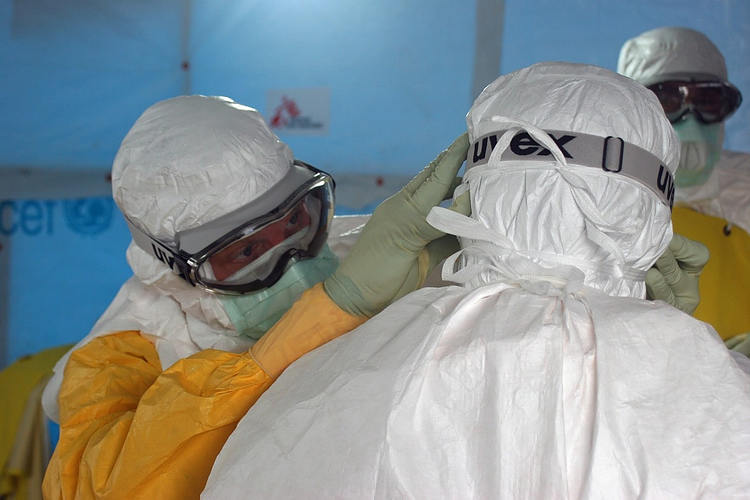The apparent efficacy of vaccines in averting serious sickness and death from the Delta coronavirus strain should mean that it poses little risk to most industrialized countries’ recovery. According to Neil Shearing, Group Chief Economist at Capital Economics, the rapid spread of the Delta strain poses a greater threat to recovery in broad sections of the emerging world, where vaccination rates are lower.
“Consumers and companies in the United Kingdom may still choose to change their behavior in reaction to the latest outbreak of infections, for example, by limiting excursions to bars and restaurants or lowering capacity in stores and workplaces. However, this will only be a minor impediment to the greater economic recovery. We’ve pushed back the date when we estimate the UK economy to return to pre-virus GDP levels by a few months, from August to October this year.”
”
Based on the UK’s experience so far, vaccination rates will play a significant role in deciding the economic impact of the Delta variety. Few nations have the same level of vaccine protection as the United Kingdom, but at current rollout rates, most advanced economies will be there in the next month or two. Australia, New Zealand, and Japan are the advanced economies’ laggards. The rapid spread of the Delta variety in these economies in the coming quarter or so may force governments to implement further restrictions on activity and mobility, slowing their economies while others recover. If the European holiday season is disrupted by international travel restrictions, tourist-dependent countries such as Spain, Portugal, and Greece may suffer.”
“The major danger is in emerging economies, where immunization rates are still low and rollouts are taking longer. Almost all of Africa, as well as sections of Asia and Latin America, are included. While the economic impact will be less severe than in prior waves, it will nonetheless have negative consequences.”
“Perhaps the most important takeaway from all of this is that we will very certainly have to learn to live with COVID-19 in the long run. For the time being, the gap between hospitalizations has been weakened, but if vaccination efficacy wears off and new variations arise, this may not be the case in the future. Even if the worst scenario of ‘vaccine escape’ does not materialize, most experts agree that ‘booster’ shots will be required at some point, delaying the spread of vaccines in EMs even longer. If this is the case, the gap between EMs and DMs will expand.”/n





